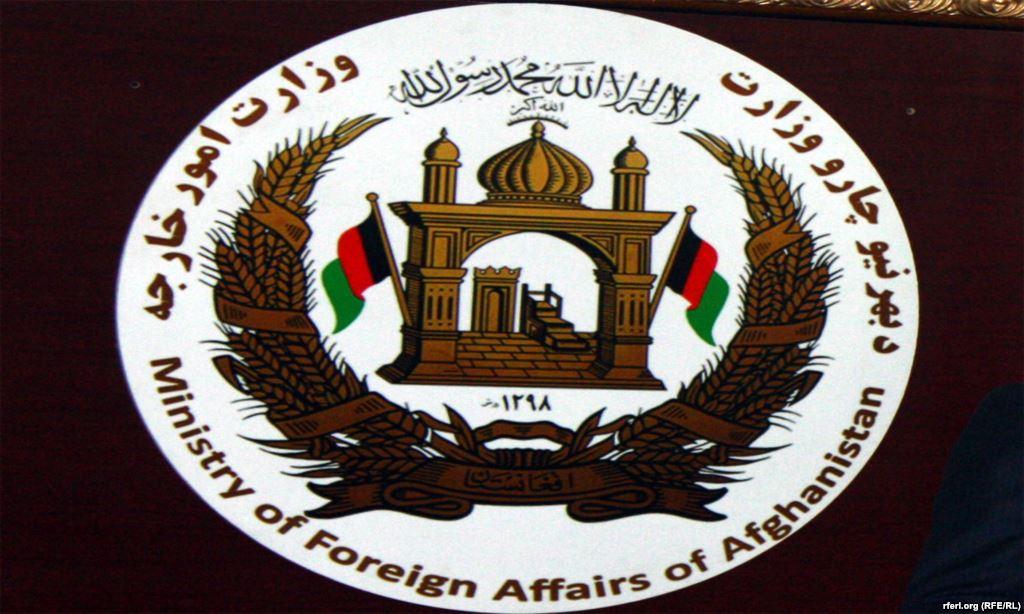KABUL (Pajhwok): Almost half of the workers at Afghan diplomatic missions abroad come from five provinces, the most from central Panjsher province, while the law has been violated in appointment of some diplomats.
It was revealed by the Independent Joint Anti-Corruption Monitoring Committee (MEC) during its investigation into the Ministry of Foreign Affairs (MofA) activities from September to November in 2017 and from March to April 2018.
Though the MEC has not yet published it report officially, a reliable source confided to Pajhwok that the MEC obtained the information from human resources, consulate officials, domestic audits and workers of international affairs as well as sources that published corruption reports about the MofA.
Gaining information about 440 workers at Afghan diplomatic missions abroad is part of the MEC investigation.
The MEC findings show that 20 percent of people who work in Afghanistan embassies and consulates are from Kabul, eight percent from Parwan, seven percent from Panjsher, six percent from Badakhshan and five percent from Herat and Nangarhar provinces each.
The source says four percent of the workers are from Maidan Wardak, three from Logar, Baghlan, Kandahar, Takhar, Kapisa, Kunduz and Laghman each, two percent from Balkh, Farah, Ghazni and Khost each and one from Faryab, Helmand, Bamyan and Paktika each.
There is no worker from Nimroz province in Afghanistan’s diplomatic missions while the rest others (less than one percent) are from other provinces of the country.
According to the MEC, original residence of seven percent of people working in the country’s embassies and consulates are unknown.
Employments based on population ratio
Considering the country’s population, there is no balance in employment from provinces in the country’s political representation abroad.
According to information with the Central Statistics Organization (CSO), most of the workers of Afghanistan diplomatic missions are from Panjsher, Parwan and Logar respectively and least from Ghor, Sar-i-Pul and Uruzgan while there is no one from Nuristan province.
The statistics show that, one person from among each 5,600 people in Panjsher has been appointed in the diplomatic missions, one among each 20,300 people from Parwan and one among 27,900 people each from Logar politically represent Afghanistan abroad.
While one among each 41,000 people from Uruzgan, one among each 60,000 from Sar-I-Pul and one in more than 73,000 people from Ghor are working in Afghanistan’s diplomatic missions.
High ranking officials influence in breaking of law and hiring
The directorate of the foreign minister office back on May 12 through an official letter No. 448 informed the Independent Commission of Reforms and Civil Services regarding the practical steps taken by the ministry following the directives of the president in No 309th formal letter.
A detailed strategy regarding the reforms introduced among the diplomatic mission was also attached with the letter.
“Political appointments is a huge problem which faced the implementation of a constant policy at the MoFA with challenges which resulted in multiple problems,” a part of the strategy says.
Meanwhile, the Pajhwok Afghan News report and MEC analysis showed that some government officials and member of the parliament influenced the appointments of some individuals.
According to Pajhwok report most of diplomats the MoFA has appointed are family members and relatives of government officials and lawmakers and their appointments appeared to be based on nepotism and against rules and merit, a Pajhwok’s findings indicate.
Sons and other close relatives of government officials and members of parliament have been appointed to key posts in Afghanistan’s embassies abroad, where a number of embassy staff have sought political asylum.
Wolesi Jirga or lower house of the parliament disqualified Foreign Minister Salahuddin Rabbani two years back but MEC report showed that still individuals from some provinces could often get key diplomatic positions compared to individuals from other provinces.
In the appointments of some officials the principles are violated
According to the diplomatic and consular rules and strategy, and Afghan national could serve as diplomat in the foreign provided that he/she have three year of experience at the MoFA.
Also the MEC report showed that minimum qualification for a diplomat is bechelore degree.
A formal letter from the MoFA says that reforms regarding hiring of diplomats outside of the country, related laws and human resource structure was underway since 2017.
The formation of a commission to hire individuals, halt of hiring those candidates with less than bachelor level qualification, inviting more than one candidate for open competition of certain posts are some of the steps taken for reforms and are part of the reform strategy at MoFA.
Pajhwok strive to contact MEC regarding this strategy but it was replayed that the wanted person Bari Salam was outside the country and they did not want to comment on this.
Pajhwok also contacted Bari Salam through e-mail but he said then upon his return he would share the necessary information.
MoFA rejected the MEC report saying they did not share their information with foreign ministry.








GET IN TOUCH
NEWSLETTER
SUGGEST A STORY
PAJHWOK MOBILE APP